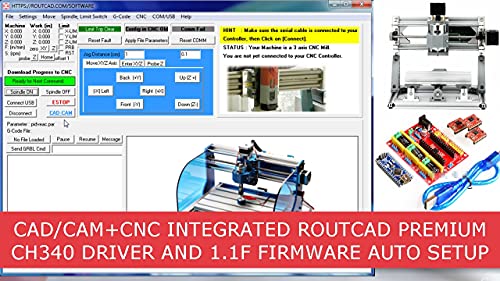Jenny I feel your pain. Here in the USA we went through a couple of drill suppliers (at work) that couldn’t ship drills that actually would drill a hole. This was for standard fractional size drills supposedly produced in the USA. I suspect that some of these manufactures believe the drill will be sharpened anyways so why bother with a proper edge. Whatever the case finding proper drill bits does seem to be far more difficult than in the pass.
Thank you everyone for the great information, please keep it comming, as I value the opinions of other model engineers.
Larger drill bits can be sharpened free hand but that is next to impossible with the sizes you are talking about. Frankly I believe the smaller drills require more frequent sharpening to you with buy a lot or sharpen yourself.
There was a web site that covered drill sharpening in depth, the link to which escapes me. However there was documented there a small hand held fixture to aid in hand sharpening of very small drill bits ask ally a device that rolls over a stone to put an edge on the drill. That might sound like a lot of work but there is little material to remove.
What I am finding is that the type available locally are made from poor materials and/or have poor geometry. This is especially true for smaller sizes.
The poor materials is a real challenge. I’m not sure how to address it other that to say you need to start looking at specialist suppliers to industry.
Geometry is another issue as that is often altered for the industry being supplied. You also have the problem of simply bad geometry.
I do not have any issues with larger sizes say 4mm and up, as I can easily reshape them. Rather it is those smaller odd sizes that one uses for tapping that I am having difficulty with. Twice in the last few months I have had to trash a complicated bit of machining due to broken bits.
That does suck.
One of the best guards against breakage is a sensitive drill press or mechanism. You really need to be able to feel what is going on. Combine that with peck drilling and you can reduce problems greatly.
The problem with peck drilling is that it is tedious as you will want to employ 100% cutter withdrawal about ever half diameter in depth you go. Even a half diameter is a lot for very small drill bits. Remember there isn’t much room for swarf and jammed swarf will break a drill bit quick.
Today I came close to loosing two days worth of work, i was just lucky that i was able to extract it. I just hate wasting so many hours of effort due to a poorly engineered bit of tooling..
It has happened to all of us.
Depending upon what you are drilling you may want to consider other tech beyond standard twist drills. Spade drills for example have their uses. Stub length or spotting drills may be more reliable too.
BTW - I picked up a half dozen nice large second hand heavy non-ferrous laps, from of all places, a gem and mineral show. they are impregnated with various grits of diamond ranging from 600 to 12,000 grit that are ecxellent for putting new edges on carbide or HSS tooling. They are almost impossible to damage as long as you keep them wet.
Thanks again,
Jenny
Some suppliers of small stuff:
Www.micro100.com
Www.harveytool.com
Www.pmtnow.com
Www.microcutusa.com
Www.robbjack.com
Www.richardsmicrotool.com.
These companies popped up after a quick search. Frankly I’m only familiar with Micro100 and Harvey. I believe everything supplied by these manufactures is carbide. This means high spindle speeds and you still have the risk of breakage. Also this list is barely a start there are hundreds of tool manufactures in the USA, then there is Germany and Japan.
The cost of the tooling from the above suppliers maybe shocking. Then again there aren’t too many places to get drill bits that are 0.0020” in diameter. A good portion of what these companies offer is made in the USA.
I actually find it hard to believe that there are no miniature tool manufactures in Britain. I’d look around a bit.































































